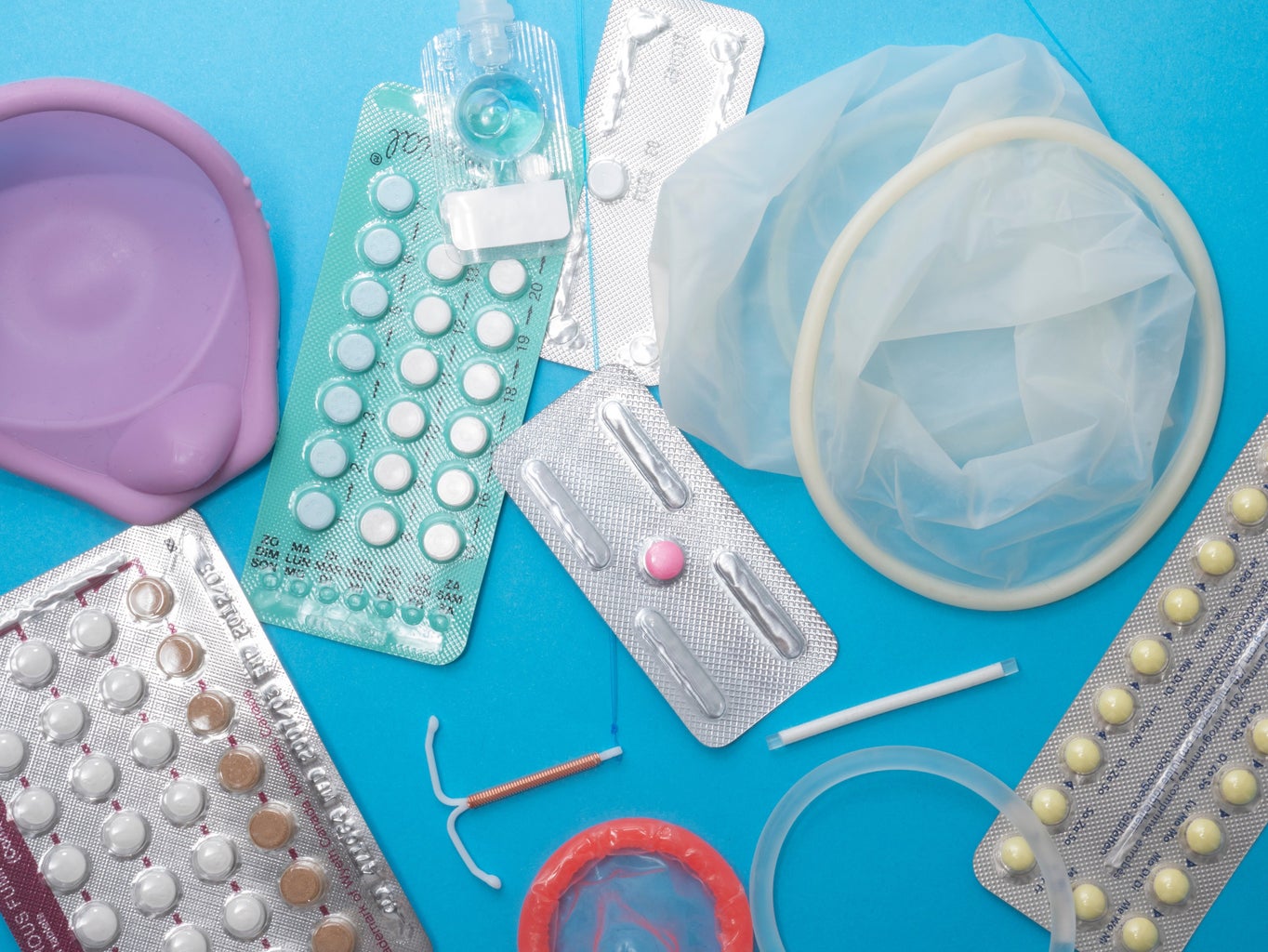For all the girlies out there planning on getting on birth control, I have one piece of advice: do your research. Birth control can be used for a variety of reasons. Keeping your hormones in balance, avoiding pregnancy, etc. I made the mistake of not doing a lot of research prior to getting on birth control. Specifically, the Skyla Intrauterine Device (IUD). There are several kinds of IUDs, ranging from non-hormonal to hormonal. Skyla, specifically, is a very good form of contraception, about over 99% effective. Depending on the kind of IUD you get, it can be effective and last for approximately 3 to 10 years.
So, if you’re planning on getting the IUD, I may have a couple of pointers.
Side Effects
For those of you who don’t know what Skyla is, it is one of the many kinds of IUDs with the smallest percentage of progestin levonorgestrel, a synthetic version of our naturally produced progesterone. It is what inhibits ovulation and aids in the starting of different hormones. Skyla is estrogen-free, which is a hormone that is in charge of regulating our menstrual cycle. All of this sounds great, however, it’s not as fine and dandy as it seems. Since Skyla contains progestin but no estrogen, this way leads to worsening acne, fluctuation of mood, ovarian cysts, and bleeding between cycles. In my experience, I’ve never had acne in my life until I got on Skyla. Never have I had the predisposition of developing acne and didn’t experience it during adolescence. These sudden, painful breakouts were therefore very surprising to me. These side effects often vary on the person. So it may happen to me, but not necessarily happen to you. However, just be aware there is still a possibility.
It’s not just a pinch
I felt very at ease when my OGBYN told me it would just be a small pinch after they injected local anesthesia to numb the area. However, I think I have come to the conclusion that getting an IUD was one of the most painful feelings in my life. Imagine a cramp, but ten times worse. What I didn’t know is that IUDs are usually best on women who have already had children, because their cervix is stretched out afterward. For those of you without children who want to get an IUD, trust me when I say it won’t be just a pinch.
The IUD does not protect you from STIs or STDS
The IUD is a form of contraception. However, it does not protect you from sexually transmitted diseases or infections. It would be safe to use more than one form of contraception to ensure you are clean and to prevent the transmission of any infection. Getting an STD could be extremely dangerous when having an intrauterine device as you can develop the pelvic inflammatory disease (PID) and possibly become infertile. A lot of people aren’t aware of this, so please make sure to do extensive research and ask your OGBYN questions you may have.
IUDs are NOT uncomfortable for your partner
There is a lot of speculation and misinformation regarding the fact that the IUD can be felt and be discomfort during sexual activity, and I’m here to assure you that it is completely false. For starters, a woman’s vagina is about six inches long. IUDs are inserted at the top of the uterus and it is not possible for your partner to go through the cervix. The IUD strings, in fact, do extend through the cervix and can be felt. However, the strings do become softer over time and do not make sexual encounters painful or uncomfortable. If it is truly uncomfortable for either you or your partner and wants to avoid the awkwardness of feeling the string, your provider can always help you out by adjusting or cutting the string shorter.
Conclusion
Birth control is a wonderful way to keep your hormones in check and avoid pregnancy. Some birth controls make your acne and mood swings worse, and others may make them better. Everybody’s body is different, so what works for you may not work for somebody else. My advice is to do more research and find a birth control method that works best for you! You can try different methods out until you find one that is comfortable, reliable, and meets your expectations. Best of luck!





